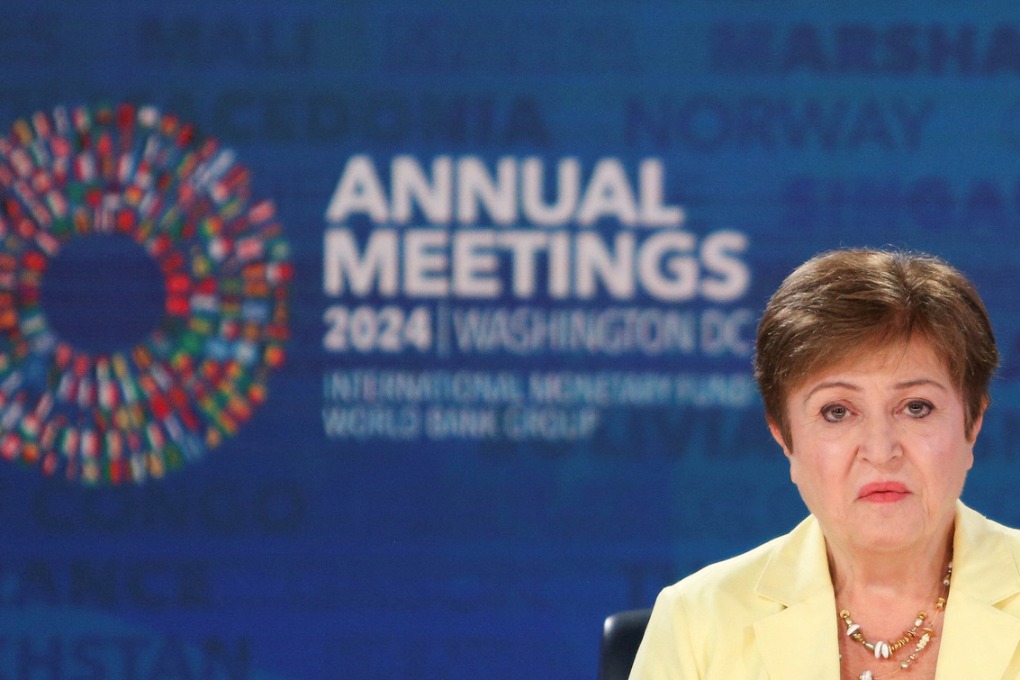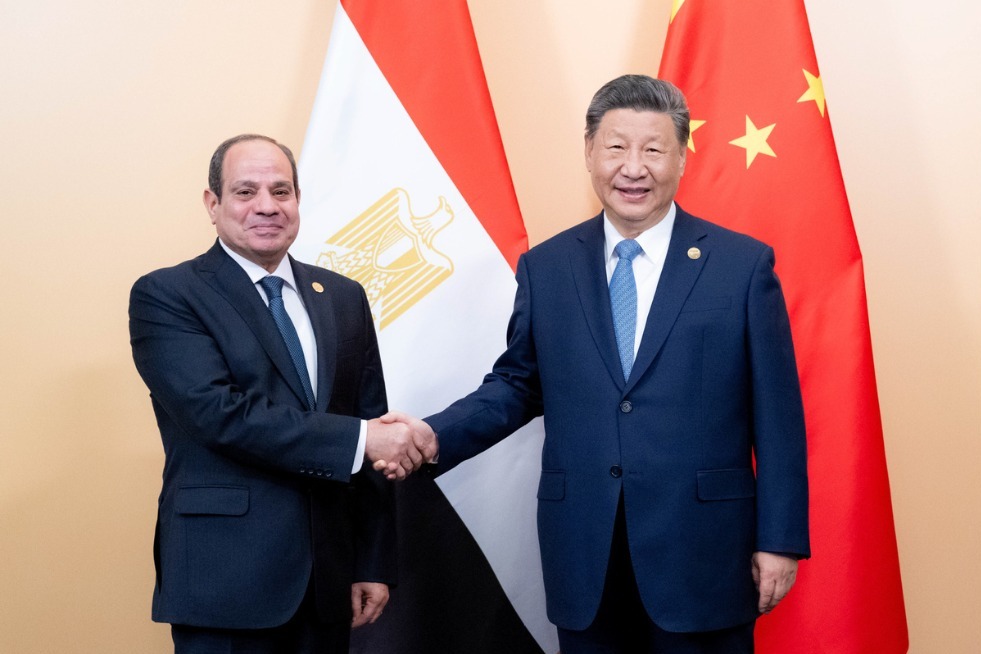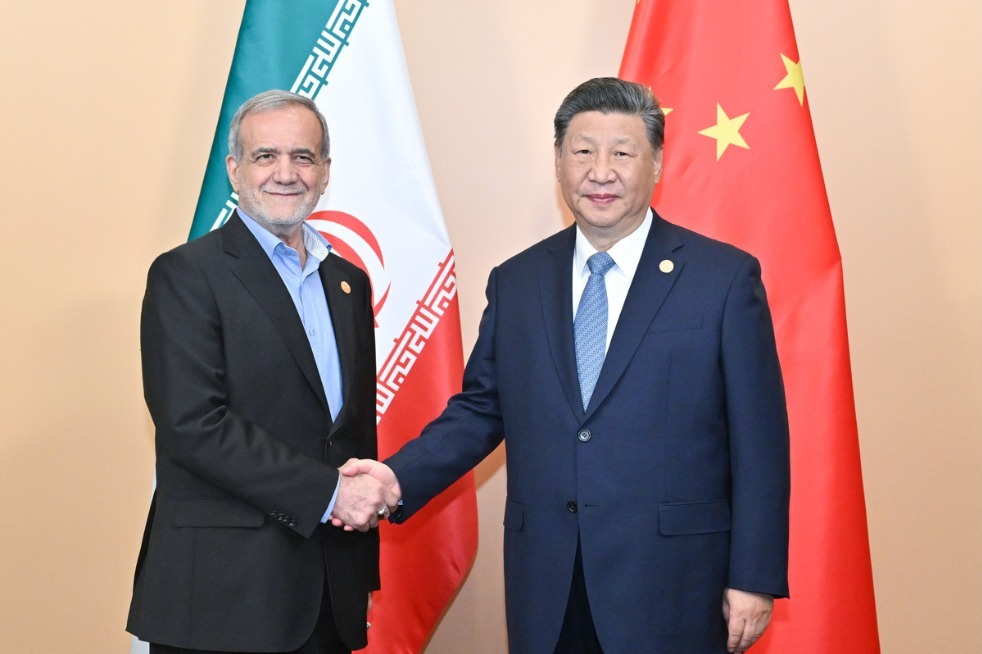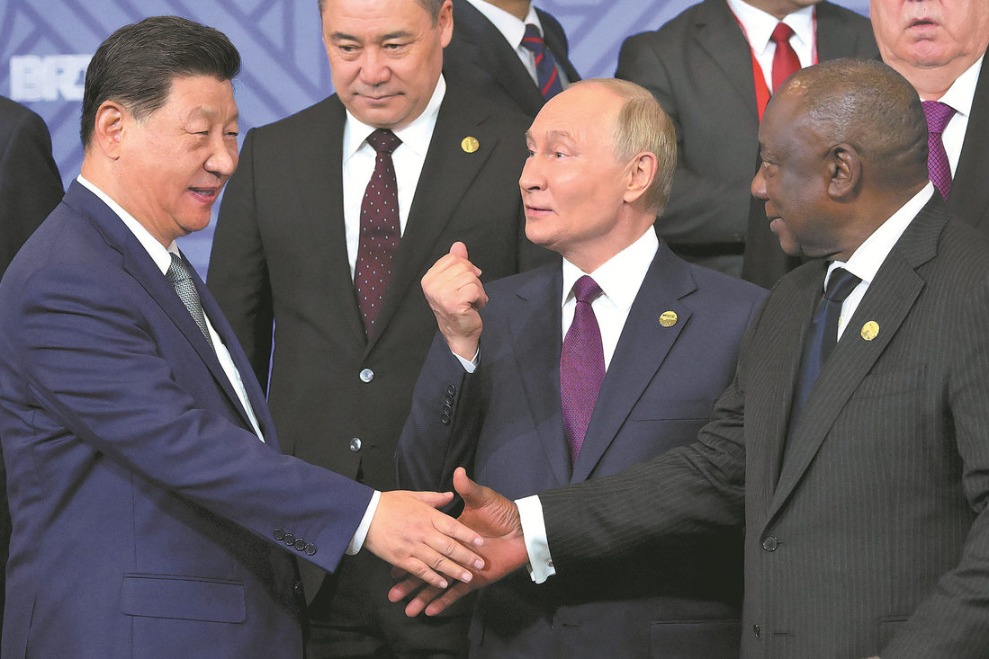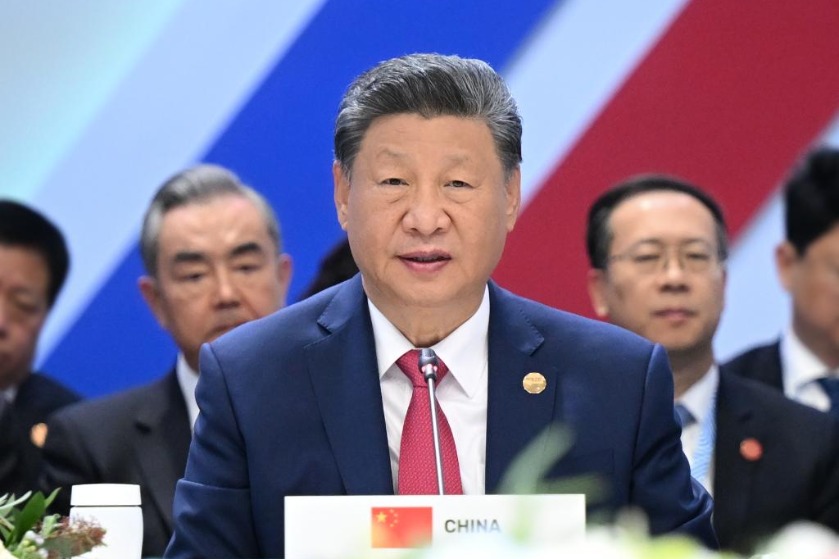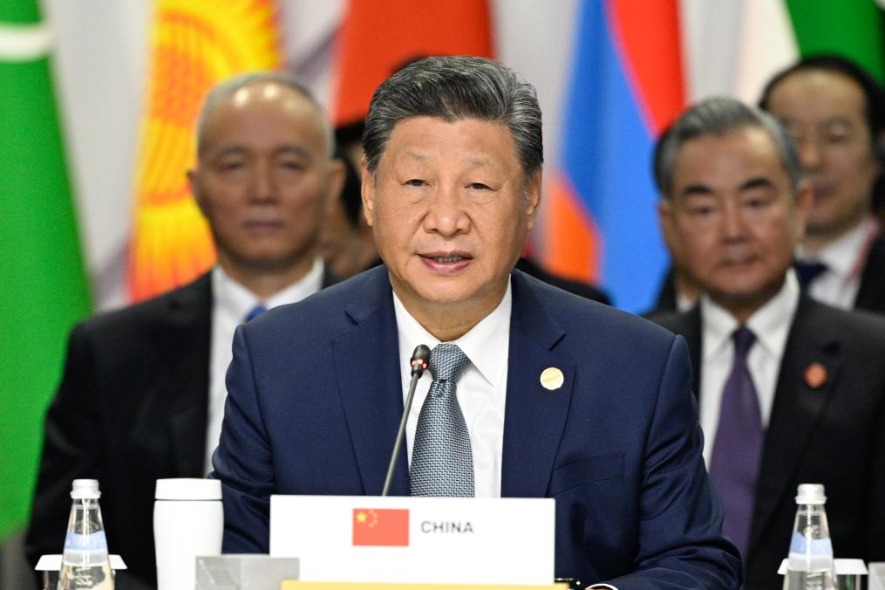US hegemony over postwar order slammed

International fairness, justice must be upheld, Chinese foreign minister says
The international order that must be defended is the order based on the United Nations Charter and rules, rather than an order designed to serve the United States hegemony and the interests of small blocs, officials and experts said.
When visiting the site of the Potsdam Conference in Berlin on Wednesday, China's State Councilor and Foreign Minister Qin Gang said in a speech that while claiming to uphold the rules-based international order, the US discards the Potsdam Proclamation it had drafted and supports "Taiwan independence" separatist activities, which disrupted the postwar international order.
From July 17 to Aug 2, 1945, leaders from the former Soviet Union, the US and the United Kingdom met in Potsdam and discussed the future of Germany that had already surrendered, Japan that was still at war, and the postwar order.
The conference played an important role in laying the foundation for the post-World War II international order, and is of special historical significance for the Chinese people, Qin said.
The Potsdam Proclamation issued after the conference reaffirmed the provisions of the Cairo Declaration, including that all the territories Japan had stolen from China, including Taiwan, should be restored to China.
Qin stressed that the postwar international order must be preserved, and that international fairness and justice must be upheld.
"Taiwan independence" separatist activities, which challenge international norms and order and go against the tide of history, are doomed to lead to nowhere, he said.
Yuan Sha, a research fellow at the Department for American Studies at the China Institute of International Studies, said that Washington always cherry-picks international rules as it sees fit in order to maintain hegemony.
Li Haidong, a professor at the Institute of International Relations at China Foreign Affairs University in Beijing, said that Qin has pointed out the biggest source of risk to today's international order, which is disrespect for the basic consensus that underpinned the postwar order at great cost of countries involved in WWII.
European countries should stay awake and avoid blindly following the US to promote the rules that serve Washington's selfish interests and engage in geopolitical competition, he said.
It was reported that the Group of Seven summit to be held in Japan will ask China to abide by international rules. At a news briefing on Thursday, Chinese Foreign Ministry spokesman Wang Wenbin said that the G7 itself has constantly violated and disrupted rules.
The "international rules" that G7 talks about are "Western rules" that draw ideological lines and "rules of a small clique" that put the US first and are dominated by the G7, Wang said.
Such rules serve the vested interests of several countries such as G7 members, instead of the common interests of the international community, Wang said.
Wang cited the US withdrawal from international treaties, global surveillance, economic coercion and military intervention as saying that Washington is in no position to point a finger at others when it comes to international rules.
False rhetoric
Yuan said the US is trying to use the rhetoric of "rules-based international order" to contain and suppress China and other non-Western countries as the country is anxious about the decline of its hegemony.
"The Joe Biden administration actively rallied its allies and partners to build small circles to establish an exclusive and camp-oriented pseudo-multilateral system, and replaced the international rules under the UN system with 'house rules', aiming to hinder the building of an inclusive and open international order," she said.
The G7 cannot represent the international community as it is a group of developed capitalist countries, the influence of the bloc is not comparable to the UN, and it has no legitimacy to accuse China, Yuan said.
Li said the US has been dealing with international affairs and its relationship with others with a logic of supremacy in civilization, power and ideology.
The consensus of upholding international rules based on the basic norms governing international relations underpinned by the purposes and principles of the UN Charter must be consolidated, so as to avoid the interpretation and use of international rules being hijacked by a few countries, he said.
















